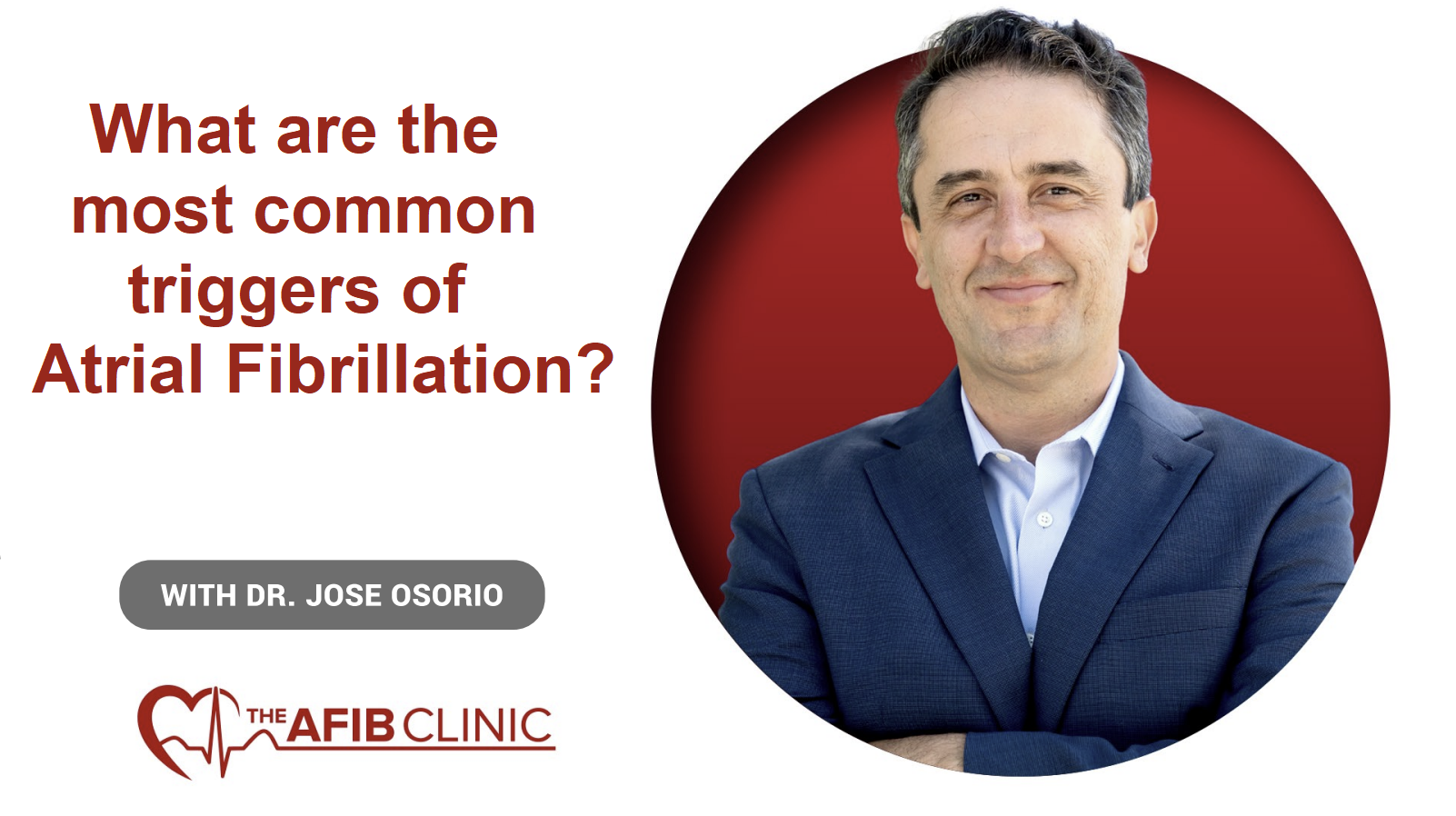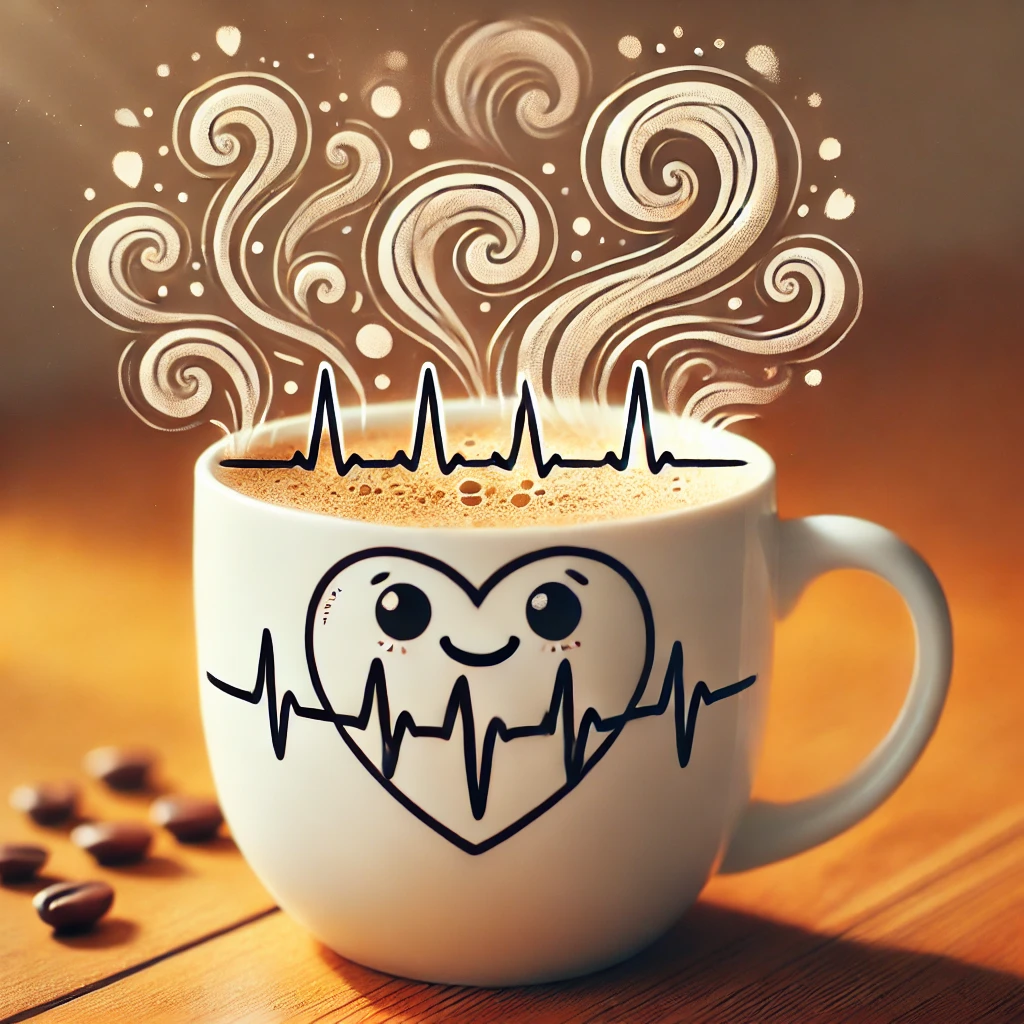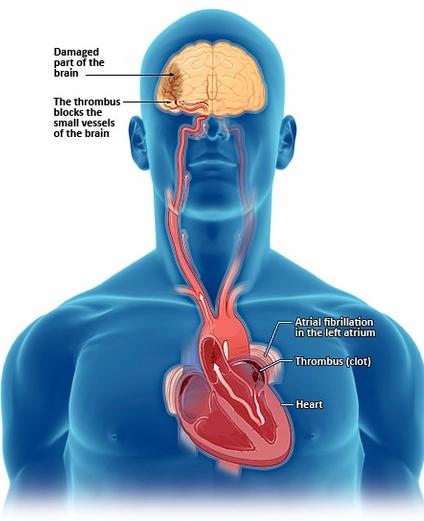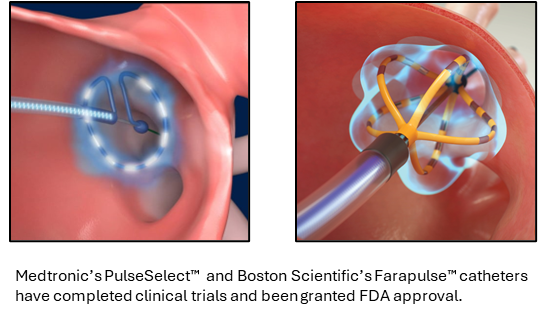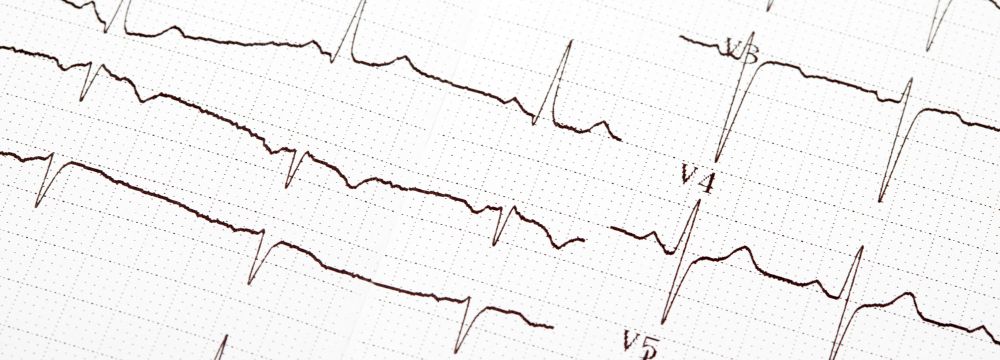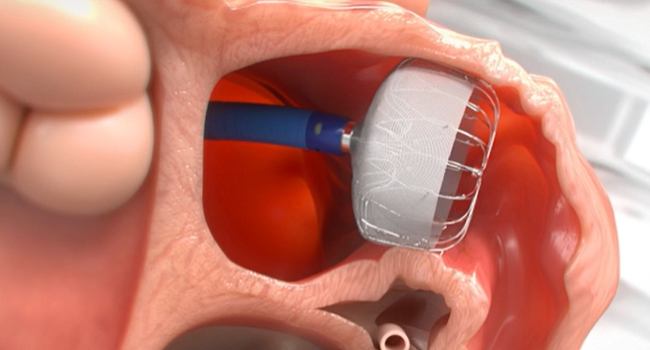Atrial Fibrillation
What Are the Most Common Triggers of Atrial Fibrillation?
Atrial fibrillation (AFib) is a common heart rhythm disorder that can be triggered by various factors. Understanding the triggers of AFib can help patients manage their condition more effectively and reduce the frequency of AFib episodes. In this post, we will discuss some of the most common AFib triggers and how to minimize their effects.
Patients with AFib should try to pay attention and identify what could be triggering their episodes. Avoiding triggers may prevent spells of AFib.
Common triggers of AFib include:
1. Alcohol Consumption and AFib
Alcohol is one of the most well-known triggers of AFib. Even moderate alcohol intake can increase the risk of an AFib episode, with binge drinking being particularly risky. This phenomenon is sometimes referred to as “Holiday Heart Syndrome,” where AFib episodes are triggered after heavy alcohol consumption, especially during holidays or celebrations.
2. Dehydration and AFib
Dehydration can also trigger AFib by causing an imbalance in the body’s electrolytes, such as potassium and magnesium. These electrolytes are essential for maintaining normal heart function. When dehydration occurs, the heart may become more prone to irregular rhythms, including AFib.
3. Stress and Anxiety and AFib
Stress is another common trigger for AFib. When stressed or anxious, the body releases hormones like adrenaline, which can overstimulate the heart and lead to irregular rhythms. Chronic stress, in particular, has been linked to a higher risk of AFib episodes.
4. Obesity and AFib
Carrying excess weight is a significant risk factor for AFib, and obesity can directly contribute to the development of the condition. Excess weight puts strain on the heart, increases the risk of high blood pressure, and raises the likelihood of developing sleep apnea, all of which can trigger AFib.
5. Medications and Stimulants
Certain medications and stimulants can trigger AFib in susceptible individuals. These include over-the-counter cold medications that contain pseudoephedrine, as well as weight-loss supplements or stimulants used to increase energy. Always check with your healthcare provider before taking any new medication or supplement to ensure it is safe for your heart.
6. Sleep Apnea
Obstructive sleep apnea (OSA) is another significant risk factor for AFib. OSA causes interrupted breathing during sleep, which can increase pressure on the heart and lead to AFib episodes. Treating sleep apnea with CPAP therapy or other treatments can help reduce AFib risk.
7. Fever and Other illnesses, such pneumonia
AFib can be triggered by the stress that fever or other illnesses cause in our bodies. It is common to see patients present to the clinic or emergency room an infectious condition and in AFib. Typically we are only able to control well the AFib or stop the spell once the infection is controlled.
8. Surgeries
The stress of surgeries can also trigger AFib. It is actually quite common for patients to have their first spell of AFib in the immediate post-operative period after major surgery.
Get educated about this condition and the treatment options. We have a lot of resources in this website to help. As a suggestion, you could start by reading the following pages:
Dr Jose Osorio
Miami, FL
Read more about AFib:

